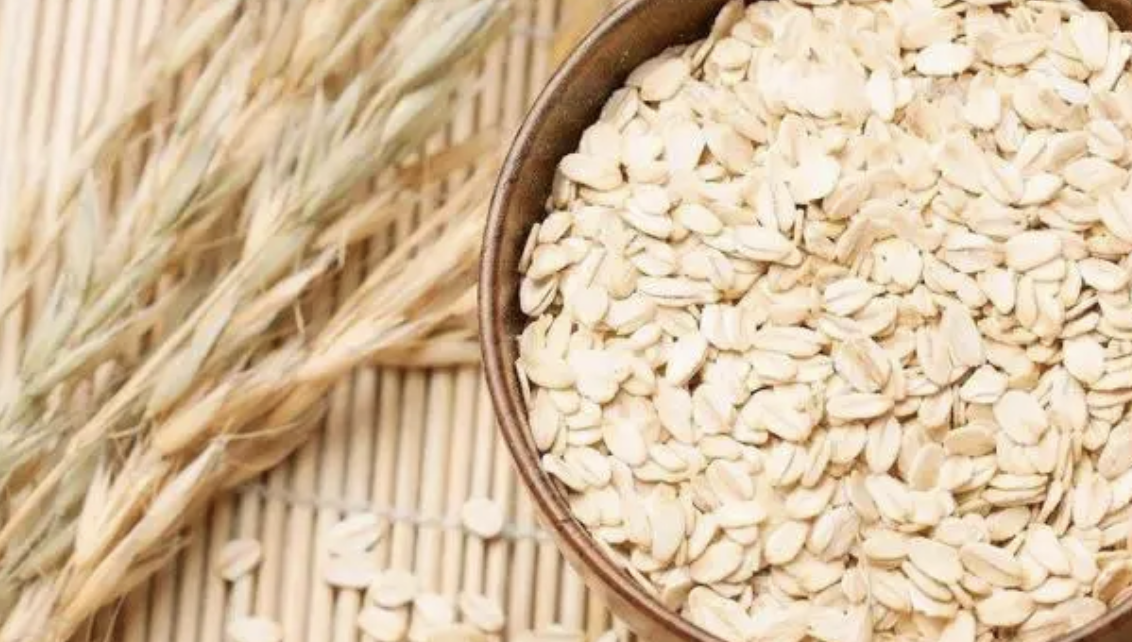Healthy
The Complete List Of Prescriptions For Stomach Ulcers
Stomach ulcers have become a common disease nowadays, and many young people suffer from this disease because they don't take care of their gastrointestinal tract in life, they always go on overeating and don't know how to control their diet, which will irritate the mucous membrane of the stomach and cause damage to the stomach.

Gastric ulcers have become a common disease nowadays, and many young people suffer from this disease because they do not pay attention to the maintenance of their gastrointestinal tract in life, always go to overeating, do not know how to restrain their diet, this will continue to stimulate the gastric mucosa, so that the stomach is damaged, then to regulate the gastrointestinal tract should pay attention to reasonable eating habits, less fried and barbecued food.

1,General medication according to the principles of peptic ulcer treatment
Firstly apply drugs that reduce the damaging factors: such as acidulators, anticholinergic drugs, H2 receptor antagonists, proglutamine, synthetic agents of prostaglandin E2 and omeprazole, etc. Also give drugs that protect the gastric mucosa: such as aluminium thioglycollate, bismuth, glycopyrrolate (raw gastrone), etc. Complete eradication of Hp, as it is now believed that Hp infection has some relationship with the disease, so it should be treated aggressively.
2, Upper gastrointestinal bleeding due to gastric ulcer
This may present as vomiting blood or blood in the stool. Immediate medical attention should be sought. The main measures to stop bleeding are: (1) H2-receptor antagonists or proton pump inhibitors (PPI) to raise and maintain the pH in the stomach; (2) endoscopic haemostasis; (3) surgical treatment; (4) interventional treatment.

3,Choice of food
The following 13 principles should be observed in the diet when you have gastric disease:
(1) Eat less fried food because it is not easy to digest and will add to the burden on the digestive tract. Eating more of it will cause indigestion and increase blood lipids, which is not good for health.
(2) Eat less pickled foods, which contain more salt and certain carcinogens and should not be eaten in large quantities.
(3) Eat less cold and irritating foods Cold and irritating foods have a strong stimulating effect on the mucous membrane of the digestive tract and can easily cause diarrhoea or inflammation of the digestive tract.

(4) Regular diet Research shows that regular meals and regular rationing can form a conditioned reflex, which helps the digestive glands to secrete and facilitate digestion.
(5) Timing and rationing should be done in such a way that the amount of food eaten at each meal is moderate and 3 meals are timed daily.
(6) The temperature of the food should be "not too hot, not too cold".
(7) Chew and swallow slowly to reduce the burden on the stomach and intestines. The more times you chew your food, the more saliva you will secrete, which will protect your stomach mucosa.

(8) The best time to drink water is in the morning on an empty stomach and one hour before each meal. Drinking water immediately after a meal will dilute gastric juices, and using soup to make rice will also affect the digestion of food.
-
![]()
![]() HealthyFeb 09, 2026
HealthyFeb 09, 2026What To Eat To Lower Your Cholesterol
-
![]()
![]() HealthyFeb 08, 2026
HealthyFeb 08, 2026What Is The Reason For "Hot On Top And Cold At The Bottom"?
-
![]()
![]() HealthyFeb 07, 2026
HealthyFeb 07, 2026Gastrointestinal Diseases Are On The Rise, How To Fight The "Battle For Your Stomach"?
-
![]()
![]() HealthyFeb 06, 2026
HealthyFeb 06, 2026How To Manage Dampness And Heat In The Spleen And Stomach
-
![]()
![]() HealthyFeb 05, 2026
HealthyFeb 05, 2026What Do Women Take To Nourish Their Blood When They Are Anemic?




